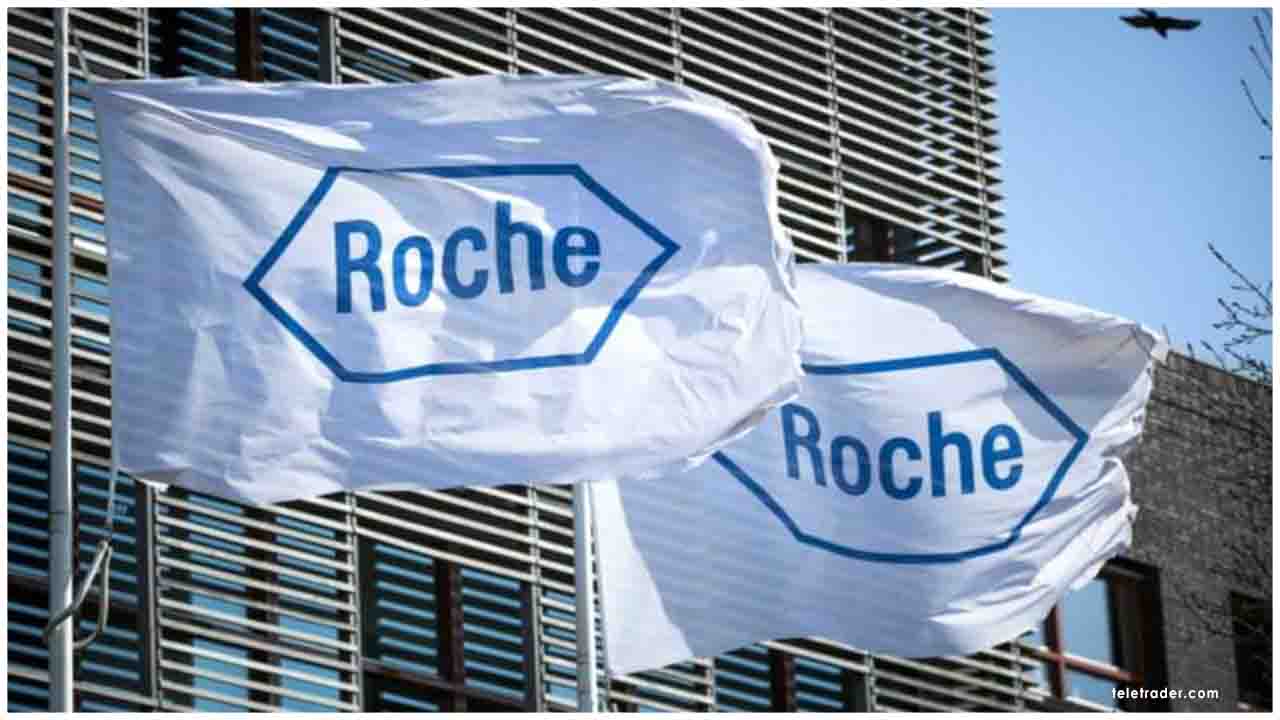Roche recently announced that the U.S. Food and Drug Administration (FDA) has approved a shorter two-hour infusion time for OCREVUS (ocrelizumab), dosed twice-yearly for those living with relapsing or primary progressive multiple sclerosis (MS) who have not experienced any prior serious infusion reactions (IRs). The approval was based on data from the randomised, double-blind ENSEMBLE PLUS study.
“More than 170,000 people with MS have been treated with OCREVUS - the only approved B-cell therapy with a twice-yearly dosing schedule - and it is the most prescribed MS medicine in the U.S.,” said Levi Garraway, M.D., PhD., Roche’s Chief Medical Officer and Head of Global Product Development. “We constantly strive to improve the experience that patients and their physicians have with our medicines, and we believe people with relapsing and primary progressive MS will find the shorter two-hour OCREVUS infusion time to be more convenient.”
The ENSEMBLE PLUS study showed similar frequency and severity of IRs for a two-hour OCREVUS infusion time vs. the previously approved 3.5-hour time in patients with relapsing-remitting MS (RRMS). The first dose was administered per the approved dosing schedule (two 300 mg intravenous [IV] infusions separated by two weeks) and the second or later doses (600 mg IV infusion) were administered over a shorter, two-hour time.
The primary endpoint of this study was the proportion of patients with IRs following the first randomised 600 mg infusion (frequency/severity assessed during and 24-hours post infusion). The frequency of IRs was comparable between those who received the two-hour infusion (24.6%) and those who received the 3.5-hour infusion (23.1%). The majority of IRs were mild or moderate, and more than 98% resolved in both groups without complication. No IRs were life-threatening, serious or fatal. No patients discontinued the study due to an IR and no new safety signals were detected.
The European Medicines Agency (EMA) approved the two-hour infusion time in May of 2020 based on a positive opinion from the Committee for Medicinal Products for Human Use (CHMP).
OCREVUS has twice-yearly (six-monthly) dosing and is the first and only therapy approved for relapsing multiple sclerosis (RMS) (including RRMS and active, or relapsing, secondary progressive MS [SPMS], in addition to clinically isolated syndrome [CIS] in the U.S.) and primary progressive MS (PPMS). OCREVUS is approved in 94 countries across North America, South America, the Middle East, Europe, as well as in Australia.
About OCREVUS (ocrelizumab)
OCREVUS is a humanised monoclonal antibody designed to target CD20-positive B cells, a specific type of immune cell thought to be a key contributor to myelin (nerve cell insulation and support) and axonal (nerve cell) damage. This nerve cell damage can lead to disability in people with MS. Based on preclinical studies, OCREVUS binds to CD20 cell surface proteins expressed on certain B cells, but not on stem cells or plasma cells, suggesting that important functions of the immune system may be preserved. OCREVUS is administered by intravenous infusion every six months. The initial dose is given as two 300 mg infusions given two weeks apart. Subsequent doses are given as single 600 mg infusions.
About Roche in multiple sclerosis
Roche is following the science in an effort to ultimately stop disease progression and preserve function in people living with multiple sclerosis (MS). As a company, we continue to advance the clinical understanding of MS and progression with the aim of bringing the most benefit to people living with MS.

 Shorter infusion time will further improve the twice-yearly treatment experience for OCREVUS, the only B-cell therapy for relapsing and primary progressive MS with a twice-yearly dosing schedule
Shorter infusion time will further improve the twice-yearly treatment experience for OCREVUS, the only B-cell therapy for relapsing and primary progressive MS with a twice-yearly dosing schedule
























.jpeg)









